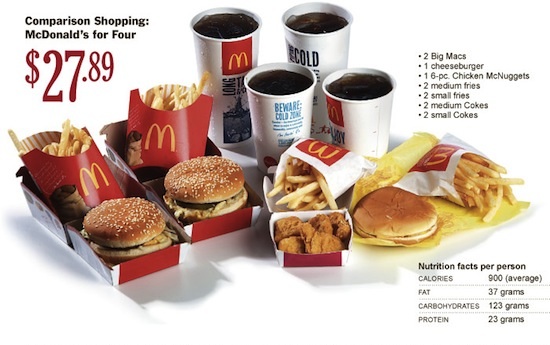Sense of smell class.Photo: Yvonne de Zeeuw
Food Studies features the voices of 11 volunteer student bloggers from a variety of different food- and agriculture-related programs at universities around the world. You can explore the full series here.
I haven’t been hungry in months. I can barely even remember what it feels like. This is because in May I began a masters program at the University of Gastronomic Sciences (UNISG) in Northern Italy. Since then, I’ve done little except think, read, write, and talk about food. But mostly I’ve been eating.
UNISG, located in the region of Piemonte, is also known as Slow Food University. The original founders of Slow Food — the international movement that links food with community and the environment — started the university in 2004. The school aims to equip students with a holistic approach to food, and the masters program in Food Culture and Communication is no exception. It’s a one-year program with nine months of study followed by a three-month internship. The curriculum covers a broad spectrum of humanities, science, and communication skills. Sensory and tasting classes train our palates. When we’re done, we should be able to recognize, understand, and communicate the importance of quality food.
When it comes to tasting classes, your mood, appetite, and food preferences really don’t matter. We’ve had mandatory beer sampling at 9 in the morning, and tasted some of the world’s rarest cheeses right after lunch. In the sensory lab, we evaluated six different strawberry jams, four prosciuttos, and eight types of yogurt all in one sitting. We’re asked to discern the aromas in olive oils, describe wines with technical terms, and know the difference between various cured meats.
In addition to honing our palates, we also get plenty of theory and philosophy. We’ve had lectures on the definition of organic, analyzed the meaning of terroir, and debated whether “authentic” food actually exists. We get a heavy dose of science, too, from the chemistry of cheese making to the basics of botany.
Textbooks.But our learning isn’t limited to the classroom. The curriculum also incorporates study trips to food-producing regions throughout Italy and Europe. During these trips we meet working food producers — farmers, vintners, cheese makers, ranchers — in order to understand how artisanal products are made. We get to see some conventional food production as well, for comparison. During these trips we’re treated to the typical cuisine and products of the region — and lots of it. We’re usually served things we might never taste again, so we never say no and try our best to clean our plates.
When I explain my course, I usually get asked (especially by my mother) what I’m going to do when I’m done eating in Italy. The truth is, I don’t know yet. Before coming to Italy, I worked in marketing at Bon Appétit Management Company, which is where my interest in the food system began. I have an itch to get my hands dirty, to grow or make things. I’m secretly waiting for a lightning bolt to hit me so I’ll realize: It’s goat cheese! You want to make goat cheese for the rest of your life! Alas, no lightening bolts yet — there is so much to learn about how we feed ourselves.
One thing I do know is that this year, despite the formal lectures and field trips, I’ll end up learning the most from my fellow students, during conversations on bus rides and over wine at the piazza. We’re a class of 25 from all over the world: South Korea, Brazil, Lebanon, Japan, New Zealand, Denmark, The Netherlands, Poland, Germany, and every region of the U.S. are represented. We’re all figuring out how to take what we learn back home, not just to make a living but also to make changes in our food systems.
And when one of those classmates brings a Lebanese specialty or fig tart made with foraged fruit to lunch, it doesn’t matter that you’re completely stuffed from cheese-tasting class. In fact, if anyone asks if you’re full, you can be sure it’s a trick question. For the next year, the only aspect of our food system that we won’t be experiencing firsthand is hunger.




